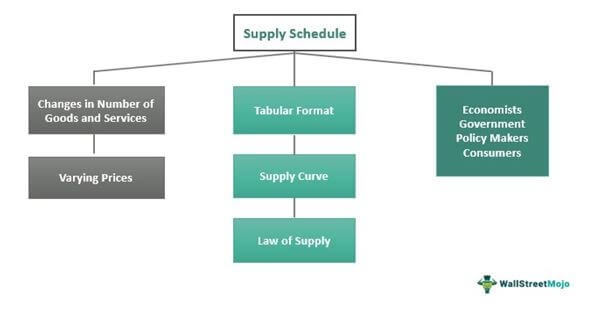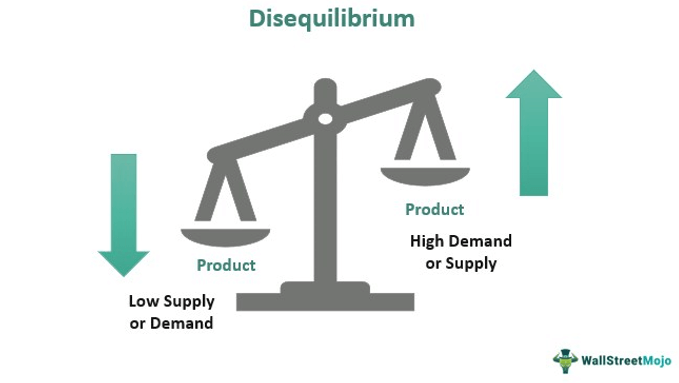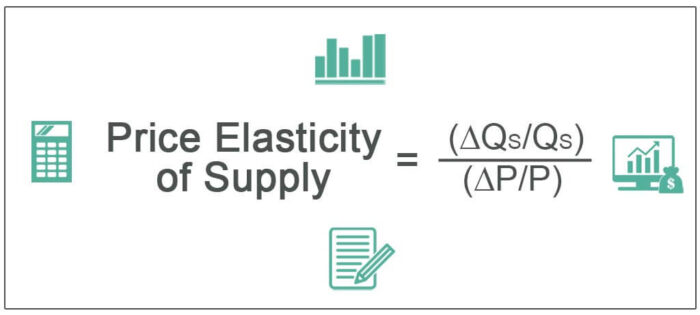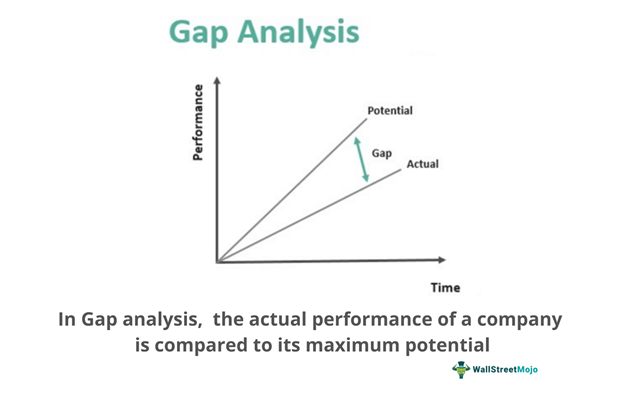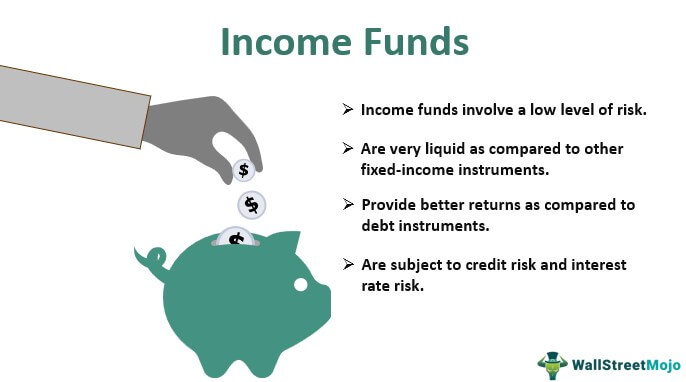
What are Income Funds?
Income funds are those funds that provide the investors with regular income in the form of interest or dividends by way of making investments in government bonds, corporate bonds, high dividend earning stocks and other securities yielding high interest and dividend incomes.
How Does it Work?
Income funds take initiatives to deliver good returns, whether the interest rate declines or increases. They do so by attempting to earn incomes by holding the investments until maturity. Alternatively, they try to make gains by disposing of the investments if the price of such investments increases. The value of the fund may be determined by way of Net Asset ValueNet Asset ValueNet Asset Value is calculated by subtracting the total value of the entity’s liabilities from the total value of its assets and dividing the result by the total number of outstanding shares.read more (NAV). These funds diversify their investments by investing both in stocks as well as bonds. Generally, when the value of the inventory decreases, the amount of bonds goes up and vice-versa.
Example
A fund has a total asset value of $20 billion as of 31st March 2019, and the fund makes investments in high dividend-paying stocks. The fund makes quarterly payout in dividends at the rate of 10% to its investors.

You are free to use this image on your website, templates, etc., Please provide us with an attribution linkHow to Provide Attribution?Article Link to be Hyperlinked
For eg:
Source: Income Funds (wallstreetmojo.com)
Types
The income funds may come in different forms. The investors may choose the fund based on their requirements and the features of the fund. There are four types –
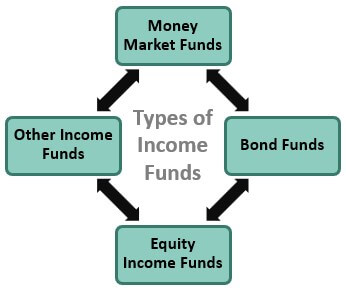
You are free to use this image on your website, templates, etc., Please provide us with an attribution linkHow to Provide Attribution?Article Link to be Hyperlinked
For eg:
Source: Income Funds (wallstreetmojo.com)
#1 – Money Market Funds
Such funds are considered to be very safe, and also the return provided by these funds is lower. Money marketMoney MarketThe money market is a financial market wherein short-term assets and open-ended funds are traded between institutions and traders.read more funds invest in certificates of deposits, short-term treasury bills, and commercial papers. The prices of funds do not face significant changes.
#2 – Bond Funds
Bond funds are those funds that make their investments in government as well as corporate bondsCorporate BondsCorporate Bonds are fixed-income securities issued by companies that promise periodic fixed payments. These fixed payments are broken down into two parts: the coupon and the notional or face value.read more. As far as government bonds are concerned, there is no risk involved and thus are relatively safer. But the returns are also limited for government bonds. Corporate bonds carry a certain degree of risk, and as a result, a high rate of interest is offered by such funds.
#3 – Equity Funds
These funds make investments in stocks of such companies which pay regular incomes in the form of dividends. Investors who are in the age group of retirement usually prefer these income funds since they can get a predictable amount of income periodically.
#4 – Other Income Funds
The investments made by other funds may include investment in REIT bonds, MLPs, and other similar products.
How to Determine Income Funds?
One can determine whether a particular fund is an income fund or not by looking for the following features in the fund.
- Such funds involve a low level of risk. This is because the fund managers make investments in safe options such as government and corporate bonds of companies having good credit ratings.
- Such funds are very liquid as compared to other fixed-income instruments. Moreover, they are not subject to high lock-in-periods.
- They can provide better returns as compared to debt instrumentsDebt InstrumentsDebt instruments provide finance for the company’s growth, investments, and future planning and agree to repay the same within the stipulated time. Long-term instruments include debentures, bonds, GDRs from foreign investors. Short-term instruments include working capital loans, short-term loans.read more. This is because the fund purchases the debt instruments in bulk and is in a better position for negotiation.
- In addition to this, these funds are subject to credit riskCredit RiskCredit risk is the probability of a loss owing to the borrower’s failure to repay the loan or meet debt obligations. It refers to the possibility that the lender may not receive the debt’s principal and an interest component, resulting in interrupted cash flow and increased cost of collection.read more and interest rate riskInterest Rate RiskThe risk of an asset’s value changing due to interest rate volatility is known as interest rate risk. It either makes the security non-competitive or makes it more valuable. read more.
Advantages
- Income funds are comparatively more liquid than fixed income instruments, such as fixed deposits.
- The funds are actively managed and intend to provide returns in declining as well as increasing interest rates.
- The rate of returns earned on such funds is higher than fixed income instruments.
- There is a high degree of flexibility in such funds as the investors can withdraw money and maintain their cash flows.
- It may provide monthly income cash flows, which may be useful for investors majorly, such investors who are of retirement age.
Disadvantages
- They are subject to interest rate risk as well as credit risk. Interest rate risk is the risk that the interest rate will increase, and as a result, the value of underlying bonds will fall. Credit risk refers to the risk of non-payment of incomes by the issuer of bonds.
- In some income funds, payouts are not guaranteed as the fund managers may reinvest the earnings into the fund instead of making payouts.
- There are management charges and other fund related charges, the burden of which is borne by the investors ultimately.
Conclusion
Income Funds are great investment options for those investors who are unwilling to take many risks and are looking for safe investment options. Such funds provide the investors with periodic returns and are comparatively safer too.
Recommended Articles
This has been a guide to what is Income Funds and its definition. Here we discuss how to determine income funds along with an example, advantages, and disadvantages. You can learn more from the following articles –
- Income Stock
- Index Funds
- Balanced Funds
- What is Fund of Funds?


